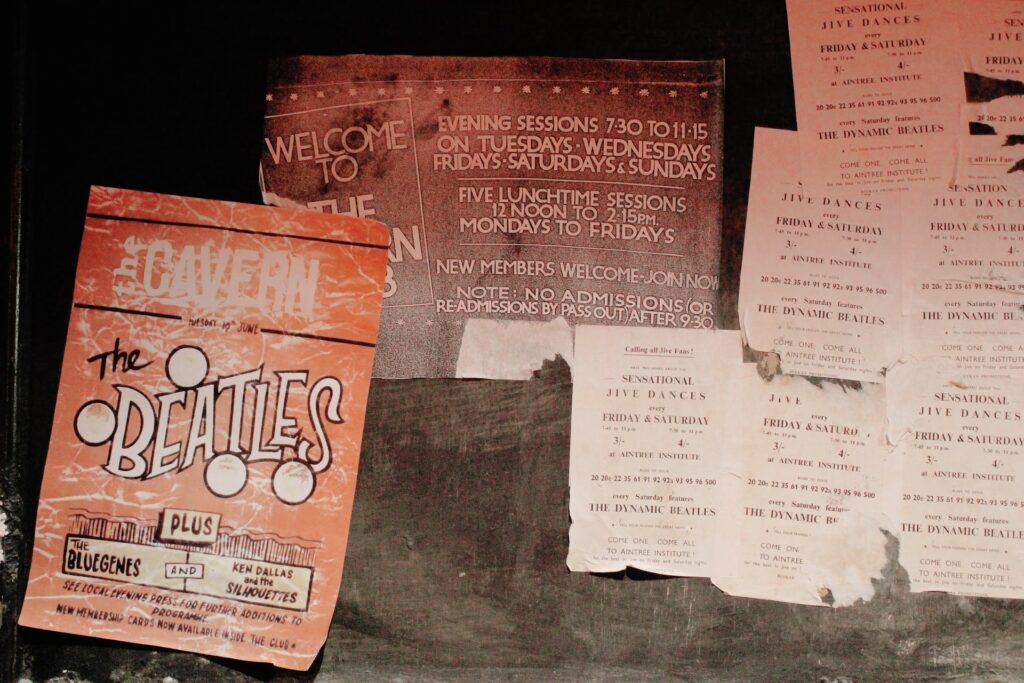
When I am …..er…….64?
Am I alone in disliking the song ‘When I am 64’ by The Beatles? Aside from its ‘cutsey-ness’, whenever I hear that song there is a sinking of my heart and all I can see is the image of rocking chair and a row of knitting.
Let’s start with my view that a rocking chair has never been my idea of relaxation and well….. my grandmother’s skill at knitting certainly wasn’t passed on to this grandchild! As an active procrastinator (yes that really is a word!) anything involving me sitting still for a while is a definite ‘no-no’ … and that song….. well it seems to imply that 64 is in some way ‘old’. I mean ‘hello’! Isn’t 60 the new 50? 50 the new 40? Or whatever? What I mean is I don’t think the average 64 year old (good health permitted) really sits around a lot. Actually many are extremely active, and many are very much part of the UK workforce. So …. with this in mind and that omnipresent number hovering over me…….. the last speaker took to the podium.
Yes Striped Sisters, The Centre of Ageing Better has still got me hooked. Next up Louisa Ansari. Louisa has published a book called (gulp) ‘When We’re 64’ which is neatly billed as ‘ a friendly practical guide to preparing for what could be the best years of your life’. Friendly and practical are good words for the start of anything in my view and Louisa seems the very epitome of that. Her starting point is that with the ever increasing ageing population that crucial areas of our society need to be transformed to improve the wellbeing of an ageing population. These include housing, healthcare, the labour market and our community structure. This book aims to help us all in thinking and preparing for a healthy old age and she has successfully collated a wealth of information into a very user-friendly book. But before this begins to sound like a book review (which it is not), let’s examine Louisa’s main points starting with retirement. It appears that Louisa agrees with this one Striped Sister and that is that people in their sixties are not sedentary or destined to be ‘taking life easy’.
According to Louisa, It appears that staying in work into your 60s is actually good for you, not only from a financial security point of view, but also because it can provide a sense of purpose and intellectual stimulation, as well as of course, important social interaction outside the home. However, she argues that for those who wish and often need, to stay in work into their 60s, it is essential that employers sign up for the aptly named ‘Age Friendly 5′.
Now if you haven’t heard of the ‘Age Friendly 5’ you are not alone. Think of your required healthy intake of 5 portions of fruit and vegetables and translate this to supporting the older members in your workplace, then you are on the right track.
A quick perusal of the excellent website for the Centre for Ageing Better and you will see that some major employers have already signed up so let’s look at exactly what these 5 relate to. One: flexible working, (which includes a carer’s policy) a no-brainer in my view, but one that some employers find increasingly hard to get their head around. Two: Hire age positively, in other words minimise age in the recruitment process. OK that is a whole blog post in itself, but research shows that 14% of over 50s believe that they have been turned down for a job due to their age. Three: Ensure that everyone has the health support they need. Again easy enough – companies have dedicated health and safety officers for their buildings, so this isn’t difficult to translate to real people is it? Four: Encourage career development at all ages. Sadly I think we all know of employers who are reluctant to invest in the training of older staff. Ask around, it’s more common than you think. And if you don’t believe the anecdotal evidence, according to the OECD, the UK is the worst among all OECD nations for training people over 50. Five: Create an age positive culture, which supports interaction across all ages. That is not only positive, but I for one, think inter-generational interaction benefits everyone.
From these neat universals, Louisa moves on to the elephant in the room and that is, you’ve guessed it, ageism…… again! Arguably this is not only common in the workplace but is clearly a wider issue. As Louisa points out, there is a real issue when women are either identified as skydiving grannies boldly jumping out of aeroplanes or frail lonely ladies living with a pet cat. These two images are polarising and do not show the real picture. She argues that we need to see a wider spectrum of what it means to getting old and we all have a part to play in this too. Society and institutions may be getting to grips with tackling ‘the cinderella’ but as individuals we have to be mindful of self-ageism. In other words, resist life-limiting beliefs, don’t think things are impossible because of age. Ageing is something precious; we are lucky if we have the chance to age, and as such the Centre for Ageing Better has it right, we should live life well and in words of Louisa’s book prepare for what could be ‘the best years of your life’.
© stripedsisters 2019
Category: Fred